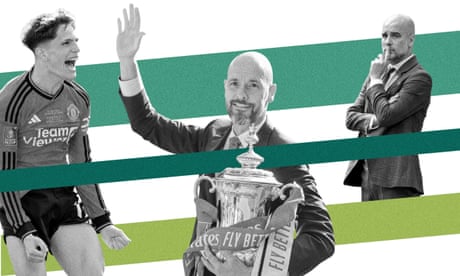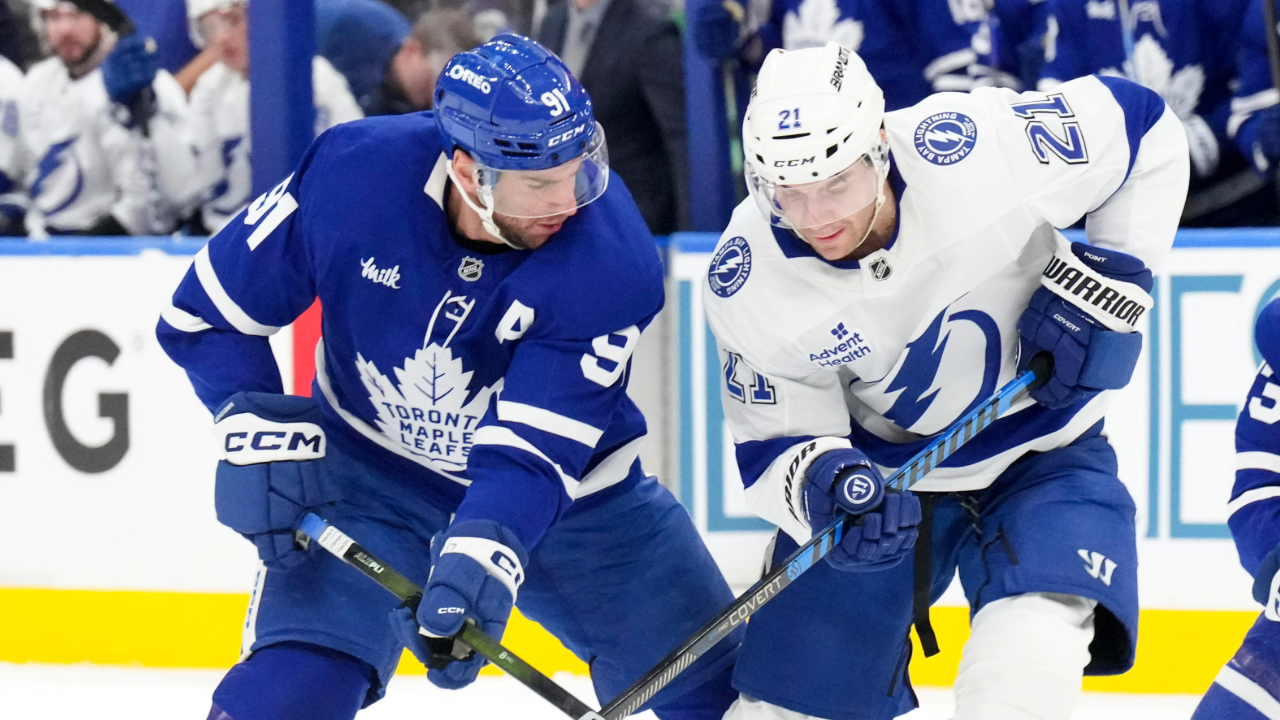
A derby victory over Manchester City at Wembley helped Erik ten Hag’s team gain some self-respect after recent domination by their closest rivals
Some days, you wonder just why the FA Cup seems so embattled. Saturday’s final felt like a throwback: a sunny spring day, a sense of subplots coming together in an occasion that genuinely mattered, drama on the pitch and ultimately a shock. Perhaps it wasn’t quite Sunderland beating Leeds in 1973 or Southampton beating Manchester United in 1976 (or even Wigan beating Manchester City in 2013). But United finished lower in the league this season (eighth) than Wimbledon (seventh) did when they beat champions Liverpool in 1988. The status and histories of the clubs shouldn’t disguise what a shock United’s victory over City was.
For United, it was a great occasion. For them a first FA Cup in eight years and just their second trophy in seven, a step-up on the League Cup they won under Erik ten Hag last season. But more than that, they stopped City becoming the first club to win the Double in successive seasons. It’s not just about succeeding; it’s about the failure of others, especially your closest rivals.
This is an extract from Soccer with Jonathan Wilson, a weekly look from the Guardian US at the game in Europe and beyond. Subscribe for free here. Have a question for Jonathan? Email soccerwithjw@theguardian.com, and he’ll answer the best in a future edition




